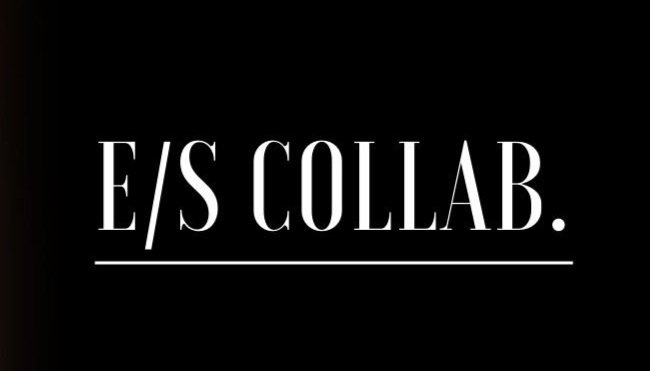A Non-Definitive, But Still Pretty Good Guide to Chain of Title for the Development of Narrative Projects
What is Chain of Title and Why Is It So Important?
If we think of the filmmaking process as the digestive system, Chain of Title is fiber. You need the right amount of it for things to be smooth sailing and everything to work properly. Without a clean Chain of Title, the filmmaking process is going to run into serious complications – financiers’ won’t feel comfortable financing, distributors won’t feel comfortable distributing, insurer’s won’t feel comfortable insuring, and you’re ultimately left with a film that can’t get made or released.
Gross analogies aside, let’s break it down because Chain of title is a labyrinth. What agreements are needed early on for a neat foundation? Which agreements are relevant for the development of narrative projects?
We have attempted to demystify common Chain of Title elements below. Please note that this is not a definitive list of development chain of title agreements and should be taken as a guide only.
| Situation? | Next Steps | Agreement Type |
|---|---|---|
| You want to turn a specific book into a film. | Get in touch with the author (or the author’s publisher) or if the author is no longer living, the author’s estate. | Option and Purchase/Assignment Agreement + Publisher’s Quit Claim. |
| You want to turn an original screenplay into a film. | Get in touch with the screenwriter. | Screenplay Option and Purchase/Assignment Agreement. Note, if you don’t want to option the work initially for a period of time, you may elect to enter into a Purchase/Assignment Agreement or an Attachment Agreement. |
| It’s your story – screenplay written by you, you’ll produce. | Chill. | Then, when the film comes together and you set up a separate entity for the purposes of producing the film, you’ll enter into a Screenplay Purchase/Assignment Agreement with the producing entity. |
| It’s your screenplay written by you, but it’s about another living person. | Definitely get a second opinion/consult a lawyer. | Depending on the subject of the story and the story itself, how much of it is public, who the person is, you might need a Life Rights Agreement. |
| First steps are sorted, you’re developing the projects and engaging other creatives. | Have a wine (or a spritz, depending on the season) – development can take a while. | This one is tricky because it depends on the nature of your relationship with those people and what kind of services they’re providing, but you should at a bare minimum always have a basic assignment of rights from them to you. |
| You’ve got a project, and you’re producing with one or more other people but you’re still in development. | Stay friends and get it in writing, it doesn’t have to be a complicated, long agreement, but pretty please get it in writing. | A Collaboration Agreement or Co-Development Agreement might be appropriate here. |
| You’re the writer/director with a concept but not quite a screenplay and you’re teaming up with a producer or vice versa. | Order a pizza and do your due diligence on the producer you’re working with. | Attachment Agreement |
| You’re a producer hiring a writer to develop the project once your initial first steps (above) are sorted. | Get a deal and an agreement in place before the writer starts working so there’s no miscommunication down the line. Think about: • The scope of their services; • Delivery deadlines – make sure this aligns with any development financing agreements you might have in place; • Compensation (fixed and contingent); and • Credit. |
Writer’s Agreement |
Disclaimer: This document should not be construed as legal advice and we recommend that you obtain independent advice before entering into any chain of title documents. Please note that this list is limited to general chain of title agreements for the development phase and does not cover chain of title agreements for production or exploitation. E/S Collab. makes no warranty or representation that this list is exhaustive, complete or accurate.
